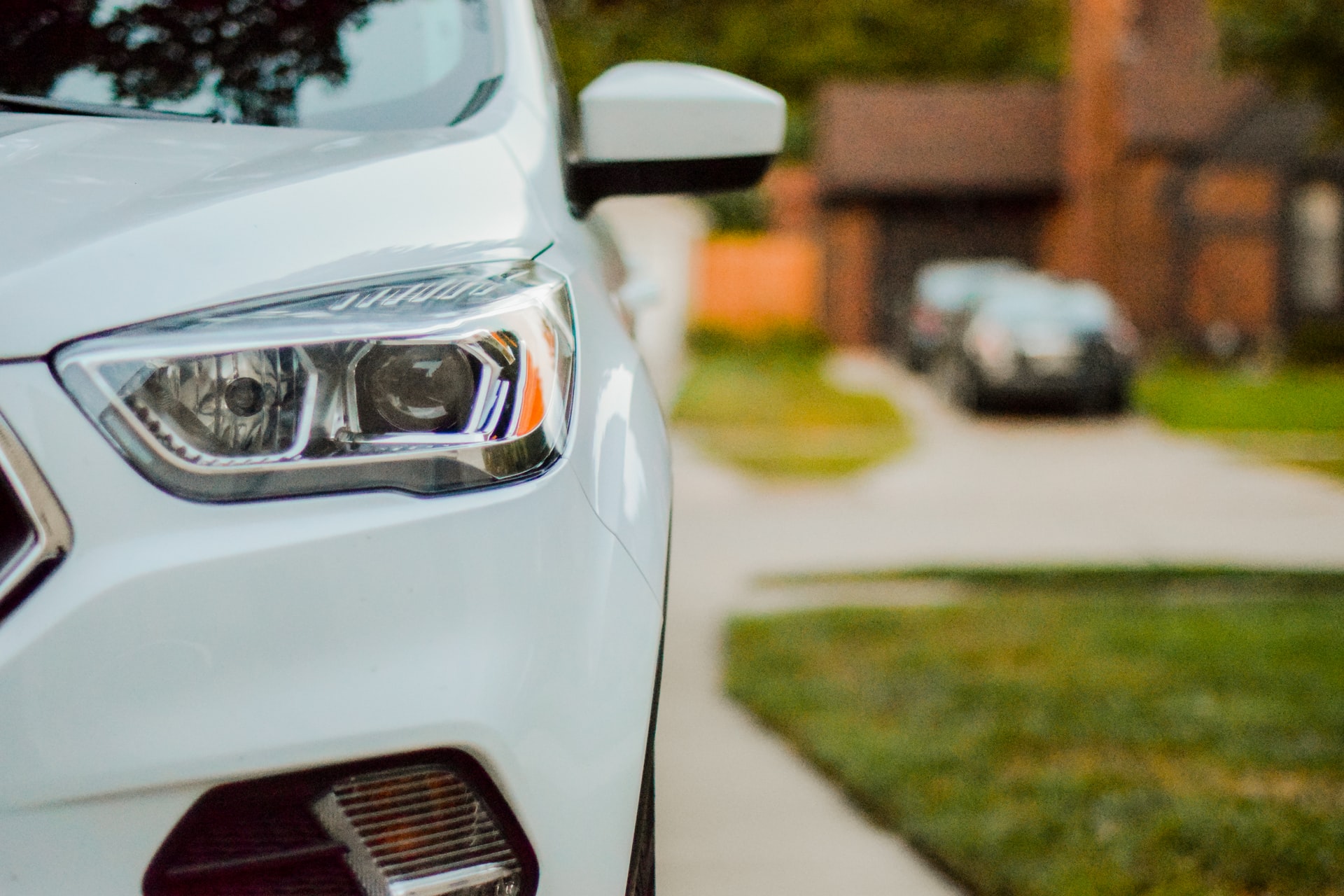Unlike buying a new or secondhand car, leasing entails renting the vehicle for a specified duration. Therefore, you aren’t expected to pay a considerable sum of money, as is the case when purchasing a car. With that said, car leasing isn’t ideal for everyone, as leasing, like other forms of paying for a vehicle, has its pros and cons. Therefore, you should always think objectively to ensure you’re making the right decision.
If you’re uncertain whether leasing a car is a good idea, you’ve come to the right place. This post will walk you through a short guide outlining the pros and cons of car leasing you should consider.
Pros Of Car Leasing
There are a couple of reasons that make leasing a great decision, which is why many people take this opportunity. With that in mind, here are some pros of car leasing:
- Lower Monthly Payments
One reason to consider leasing a car from dealerships like audipembrokepines.com is due to the lower monthly repayments, which is usually 30%–60% less than buying a brand-new vehicle. The lower monthly payments allow you to get a car that would have otherwise been beyond your budget.
Monthly payments are lower when leasing a vehicle, as you’ll only be paying for the difference between the car’s buying price and its residual value, plus the taxes and rent. The car’s residual value is its value once the lease elapses. Therefore, leasing a car is undoubtedly one great option if you’re looking to get a vehicle.
- Reduced Tax Payments
The tax paid on leased cars is calculated per usage. Therefore, how much car tax you pay depends on the amount of time you’re leasing the vehicle, which can contribute to long-term savings. These tax payments are a lot lower if you’re a business owner because registering a car for commercial use means the tax is deductible. Therefore, you can write off these lease payments as tax deductions, which is why many businesses go for leasing instead of buying cars.
- Lower Maintenance And Repair Costs
Cars leased from dealers or manufacturers usually come with a warranty covering the whole lease period. The manufacturer or dealer is responsible for maintaining and repairing your leased vehicle free of charge, excluding if you get involved in an accident. Therefore, you can have peace of mind the entire time you’ll be using the leased car.
Not paying for routine or maintenance costs will, in the long run, save you a substantial sum of money every year. Nonetheless, not all lease companies cover the maintenance and repairs expenses. Therefore, make sure to confirm this before signing a lease agreement, as this is your opportunity to negotiate for an improved deal.
- Pay Less To Get A Car
When buying a car, you’ll be expected to make a down payment of at least 20%. However, this isn’t necessary when leasing a vehicle as you only need to pay for a couple of fees, such as:
- acquisition fee,
- first month’s payment,
- titles and registration fees, and
- taxes.
All these costs are usually a lot lower than what you’re required to pay when placing the first down payment when buying a car.
Cons Of Car Leasing
While there are pros of leasing, there are also downsides. Here are some cons of leasing a car:
- You Don’t Own The Car
When leasing, the car doesn’t belong to you, so you can’t modify or personalize it. Adding any modification might result in a violation of the manufacturer’s warranty. Therefore, you’ll be expected to pay extra fees once the lease expires. Manufacturers and dealers usually have these strict measures because the leased vehicle will later be sold as a pre-owned car, meaning it needs to be in excellent condition and have all the original equipment.
Leasing a car also means you should always ensure the car is in excellent condition and consider its mileage. If you often go for off-road driving or drive longer distances, leasing might not be a great option to avoid constantly worrying about the vehicle’s condition. Which brings us to the next point.
- Limited Mileage
Many leased vehicles come with driving limits ranging between 10,000 and 15,000 miles annually. Exceeding this limit means you’ll need to pay USD$0.10 to USD$0.50 for each additional mile. This means you’ll pay between USD$20 to USD$100 if you exceed the set limit by 200 miles. You shouldn’t worry about these penalties if you buy a car, even though a higher mileage lowers your vehicle’s value.
- Penalties For Excess Wear And Tear
The leased vehicle is expected to have standard wear and tear when the lease term expires. However, any wear and tear that the manufacturer or dealer considers excessive means you’ll be required to pay penalties. This is done because excessive wear and tear reduce the car’s market value. If you’re told to pay an extra fee, you might as well consider buying the vehicle.
Takeaway
Deciding whether to lease a car is a decision many people struggle to make. If you’re also experiencing a similar problem, this guide should have shown you the pros and cons of leasing. With this in mind, you should be able to make a prudent decision on whether leasing is worth your time.









